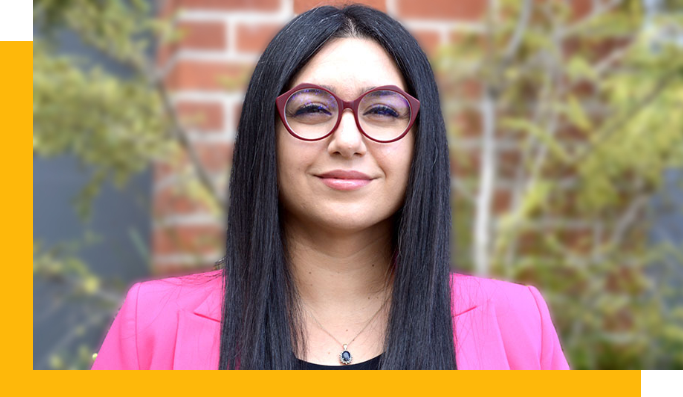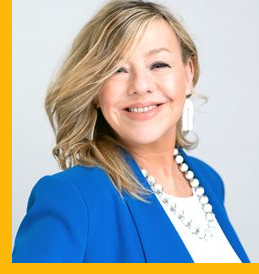
Advice for Tough Conversations
This week we talked with new Faculty and Staff Assistance Program (FSAP) Clinical Director Dr. Ana Dolatabadi about how to approach tough conversations, plus more resources on the topic.
Every conversation serves as an opportunity to sharpen our skills, making it a lifelong pursuit toward mastering the art of effective communication. Sometimes conversations don't go as planned.
Dr Ana Dolatabadi
FSAP Clinical Director
Clinical Psychologist, FSAP
Advice for Tough Conversations
At the first Coffee with the SVC with HR, the topic of “tough conversations” came up. “Communication” was the second top concern to those visiting UCSF Ombuds in FY22. We talked with new Faculty and Staff Assistance Program (FSAP)>Clinical Director Dr. Ana Dolatabadi about how to approach tough conversations and Digital Engagement Strategist and Curator CJ Frosch from Learning & Organization Development shared more resources to navigate the “conversation under the conversation."
What advice would you give colleagues about having tough conversations at work?
Understandably, we may be afraid. Embracing tough conversations is the key to unlocking our full potential as communicators. Every conversation serves as an opportunity to sharpen our skills, making it a lifelong pursuit toward mastering the art of effective communication.
I break the process of tough conversations into two essential parts: the communication skill itself, such as active listening, empathy, tone, Non-Violent Communication (NVC) that disarms both parties, and emotional regulation – how to manage and control your emotions before, during and after the conversation.
What else should we keep in mind?
First, accept that emotions are an inevitable part of the process. Second, cultivate self-awareness and prioritize self-care, such as making time to meditate or engage in physical exercise before or after tough conversations. Third, seek support from friends and family, and your community. And finally, have self-compassion. Sometimes conversations don’t go as planned. If you need help, the Faculty and Staff Assistance Program (FSAP) is here.
FAVORITE COOKIE JAR TREAT?
Persian cookies with rose water and saffron
Additional resources from CJ Frosch
Often we find there’s a “conversation under the conversation” when people ask for resources on this topic, whether that’s an issue of performance management (such as a hesitancy to provide or receive feedback), discomfort talking about race (such as if a microaggression occurred), or restoring broken trustover conflict (such as if a teammate broke a promise). The UCSF Ombuds brave conversations guide(PDF) suggests: “calling these ‘difficult conversations’ can lead to apprehension or defensiveness. We use the term ‘brave conversations’ to encourage curiosity and courage to address concerns effectively.” Their office talks about “brave conversations,” “difficult conversations,” “powerful conversations,” and other communication tools (active listening, confrontational vs. cooperative language) as part of their work.
Have a good story idea? Contact Kim LaPean . And sign up to receive the latest One Good Thing !






